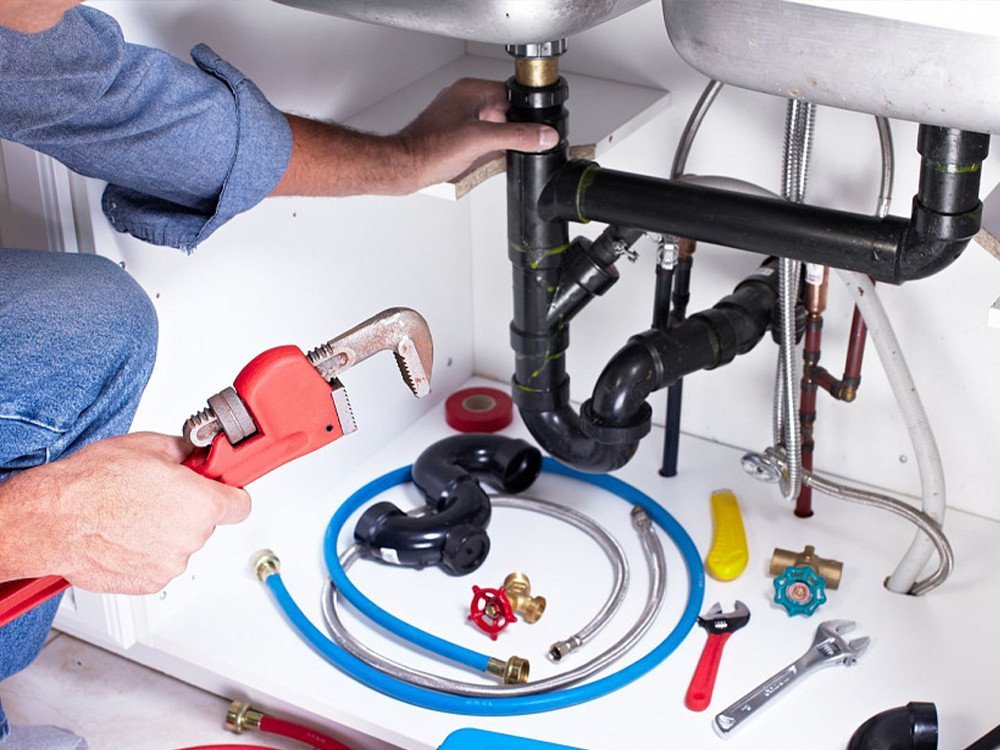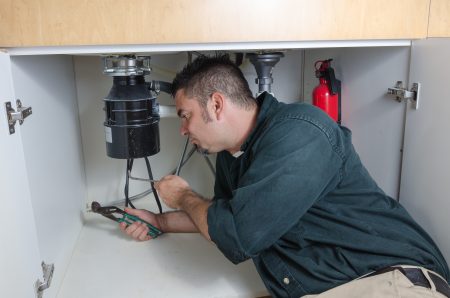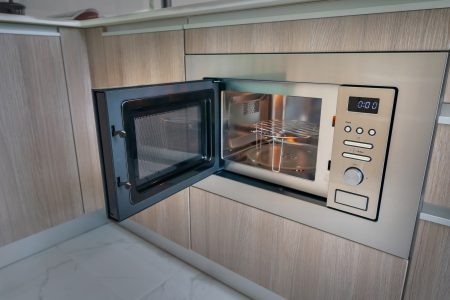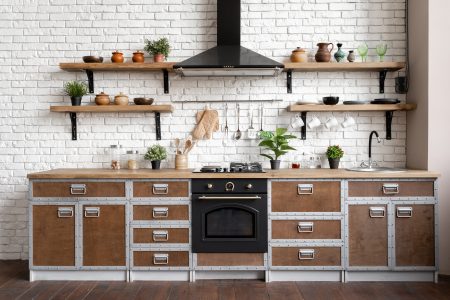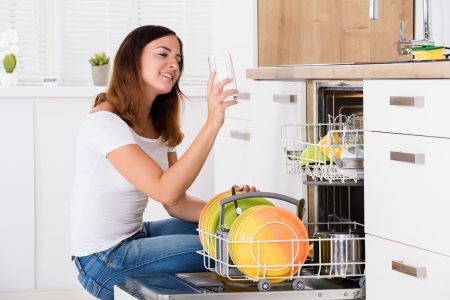A plumbing problem is high on the list of “please do not let it happen to me” issues for many homeowners. Everyone will encounter plumbing problems at some stage, whether it’s something like a clog or more calamitous like a flood. To eliminate these unpleasant accidents, it is important how the plumbing problems are handled when they arise. Here are a few plumbing tips for new homeowners to avoid plumbing mistakes.
Plumbing Mistakes That Homeowners Make:
Fixes In A Hurry-Up
Often it is easy to think that speeding through a plumbing job is a smart idea, whether one has a house full of holiday guests or just in a hurry. The reality is that it is never wise to hurry during plumbing work, regardless of how stressed one may feel. In this field, the most common error is an elementary one failure to turn the water off. If one knows to turn the water off, don’t give it a chance. Switch it off when in doubt, to be on the safe side.
Twisted Installation – Plumbing Tips for New Homeowners
If one is professional enough to take on a job like a sink installation, don’t skip the information called leveling. This is a reasonably common oversight. And it’s one that can affect the role and appearance of the new project negatively. It takes only seconds to use a stage. When it comes to plumbing new homes, it can help prevent annoying and expensive repairs down the road.
In Winter, Leave The Hose Connected
When it comes to destructive indoor floods, frozen pipes that have burst are triggering a shockingly large number of them. Knowing the simple plumbing tips for new homeowners can help to sort out this situation. Disconnecting the garden hoses and turning off the water that supplies the outside spigots. And, it is a critical part of winter home maintenance. Since water expands as it freezes and pipes are not built to handle this swelling, frozen pipes can easily burst. A ruptured water pipe can destroy a basement entirely, leaving it wading through ankle-deep water. It makes one attempt to save the belongings certainly. Overflows like these leads in floors, walls, and appliances to suffer excessive damage.
If pipe bursts during the night and is not found until the next morning, it costs you thousands of dollars. The harm may be much worse if the leak happens inside the flooring or walls of the house. The leak can go unnoticed for a more extended period of time. Take a few minutes to unplug the outdoor plumbing this winter. Before the first hard freeze, one wants to do this. So decide when it is likely to be in the area and mark the calendar.
The Mismatching Pipes – Plumbing Tips for New Homeowners
Reaching for the closest pipe of the right size and shape is popular. It’s necessary to pay attention to the content of the pipe, however, as well. The appropriate connecting piece must be used to make sure proper sealing when fitting two pipes of varying sizes together. Only because they hold together, the pipes are not properly installed. Another very common mistake is connecting a pipe made of galvanized metal to a copper pipe. These materials react to each other, and very quickly, the link point will get rust, leading to leaks. An appropriate fitting must be used to attach these materials, and the plumbing tips for new homeowners should be known.
Drain Cleaner Overuse
A quick glance at the warnings on a drain cleaner bottle will keep informed that it’s heavy-duty material. Extremely harsh chemicals also include items intended to keep drains clean and prevent clogs. They do their job and with no side effects if used regularly. Drain cleaners, however, can do more damage than good in the event of a persistent clog in the same drain. However, they aren’t invincible. If it’s made of metal or PVC, overuse of something as harsh as clog remover will eat away at the shaft. Clog removers won’t do the trick if a toilet drain clogs frequently, and they can destruct the pipes.
Persistent clogs are generally triggered by something trapped in the pipe, typically way down with conventional home-use snake tools that can’t be seen or even felt. It could be a toy for a kid, a piece of jewelry, or even a tree root! It’s best to call in a licensed plumber for clogs that keep happening. They have bigger and better instruments for the snake, and they have experience with the situation as well.
Local Laws Ignorance
A plumber is likely to understand the local laws on backward and forward permits. The average homeowner obviously does not have the need to be so familiar with plumbing regulations. If one tries a DIY project without checking with the city building officials, though, one may be setting themselves up for an expensive surprise. Before attempting DIY, you need to know the law and the plumbing tips for new homeowners. Many cities and counties need a permit, depending on the size of the work. In some places, a permit is required to install a toilet, while others only require permits for large-scale renovations. Before tackling a DIY plumbing task, learn about the rules in the area.
Although a random search probably won’t concentrate on anyone, plumbing work done without a permit can cause problems in different ways. After all, unlicensed DIY plumbing is amateur work. The expertise that comes from years of experience will not compete with reading and watching video tutorials. The DIY enthusiast can handle smaller jobs just fine, but larger jobs require real expertise to ensure that each detail is done correctly.
If a DIY job triggers a leak or otherwise fails, one may face more trouble than just calling a plumber in Denver CO. Insurance could come into play if the leak significantly damages the house, which is very likely in the case of structural water damage. However, if the harm was caused by work undertaken without the necessary permits, insurers would always deny a claim. Another risk of working without the required permits is fined. Much like parking violations or the use of the sprinkler on a day, working without a permit will leave oneself vulnerable to being fined.
